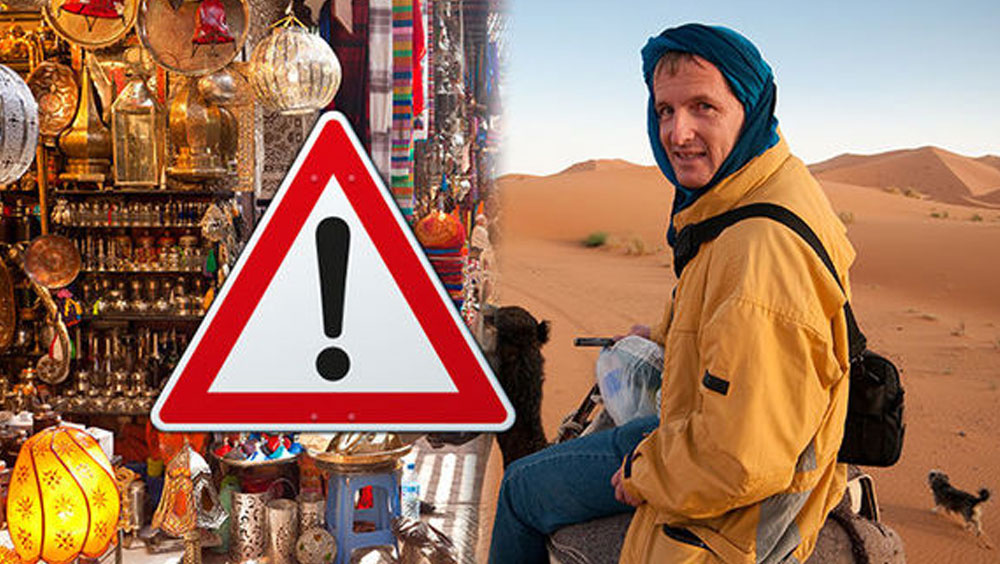Understanding Morocco's Safety

Morocco is a popular travel destination known for its rich culture, beautiful landscapes, and historic sites. Many travelers wonder about the safety of visiting this North African country. Overall, Morocco is considered a safe place for tourists, but like any travel destination, it's important to be aware of your surroundings and take some precautions.
General Safety Tips

When traveling to Morocco, it's important to follow general safety tips. Always keep an eye on your belongings and avoid displaying expensive items like jewelry or electronics. Pickpocketing can occur in crowded areas, so use a money belt or keep your valuables in a secure place. Staying alert and being cautious can help you avoid most issues.
Safe Places To Visit

Morocco has many safe places to visit, including cities like Marrakech, Casablanca, Fes, and Rabat. These cities are well-traveled by tourists and have good security measures in place. The popular tourist areas are generally safe, but it’s always a good idea to stay in well-lit and busy places, especially at night.
Health And Hygiene

When it comes to health and hygiene, Morocco has made significant improvements in recent years. Drink bottled water and avoid tap water to prevent any stomach issues. Make sure to eat at clean and reputable restaurants to avoid foodborne illnesses. Carry hand sanitizer and wash your hands frequently to stay healthy during your trip.
Respecting Local Customs

Morocco is a Muslim country, and respecting local customs and traditions is important for a safe and pleasant visit. Dress modestly, especially in rural areas and religious sites. Women should consider covering their shoulders and knees. Showing respect for local culture can help you avoid unwanted attention and make your trip more enjoyable.
Dealing With Street Vendors

In tourist areas, you will encounter many street vendors and people offering services. While most of them are friendly, some can be persistent. It's okay to say no politely and walk away if you are not interested. If you decide to buy something, bargaining is common, but always agree on a price before accepting any services.
Using Transportation Safely

Transportation in Morocco is generally safe, but it’s important to use reputable services. Taxis are a common mode of transport, and it's best to use registered ones. Agree on the fare before starting your journey or ensure the meter is running. For longer distances, trains and buses are reliable and comfortable options.
Staying Connected

Keeping in touch with family or friends back home is important for safety. Make sure to have a working mobile phone with an international plan or buy a local SIM card. This allows you to stay connected and reach out for help if needed. Knowing how to contact local authorities or your embassy can be crucial in emergencies.
Emergency Contacts

Familiarize yourself with local emergency contacts. The police can be reached by dialing 19, and medical emergencies are handled by dialing 15. Knowing these numbers can help you quickly get assistance if something goes wrong. It’s also wise to know the location of your country’s embassy or consulate in Morocco.
Travel Insurance

Purchasing travel insurance is a good idea for any trip, including a visit to Morocco. Travel insurance can cover medical emergencies, trip cancellations, and lost belongings. It provides peace of mind knowing you are protected if something unexpected happens.


